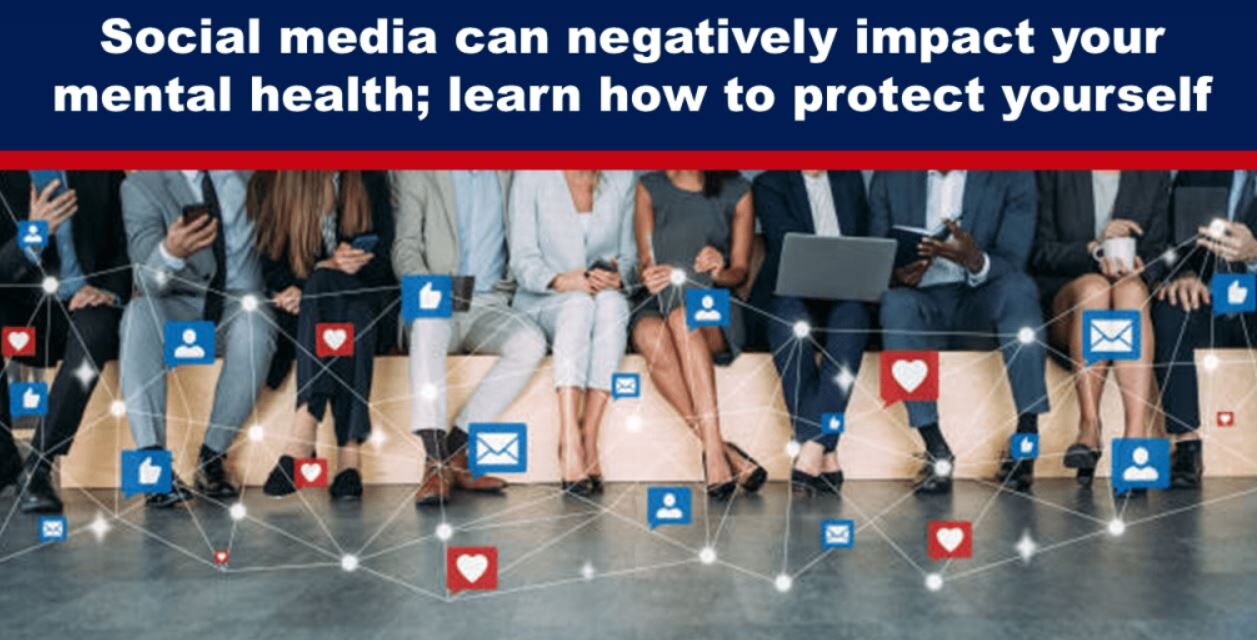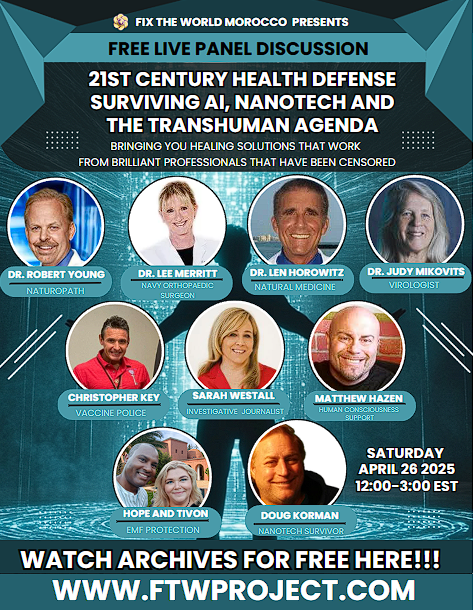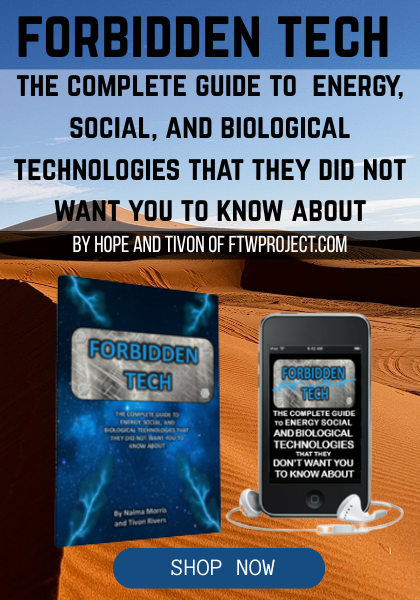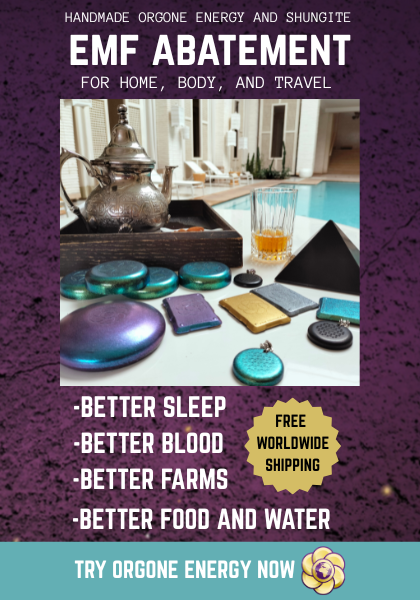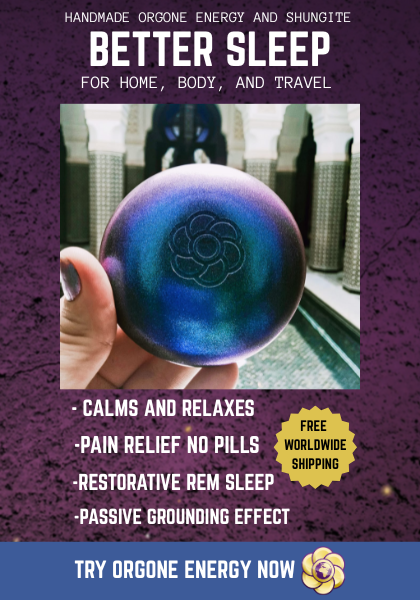Online interactions confuse self-perception and trigger or amplify delusional thinking, especially in those already at risk for psychosis. People with delusion-prone disorders, including body image issues and narcissism, are more likely to overuse social media, worsening symptoms.
Most mental health tools ignore social media use, leading to missed diagnoses and ineffective support. You can protect your mental well-being online by tracking emotional triggers, curating your feed and prioritising real-world connections. Cutting back on social media use builds self-awareness and emotional resilience while rewiring habits that support a healthy identity.
How Social Media Shapes Your Mind
Whether you’re scrolling through Instagram, liking a friend’s post or watching TikToks, you’re taking in way more than entertainment. Every time you interact online, your brain is processing social feedback without the usual clues like tone of voice or eye contact. This shift changes how you think, feel and see yourself – especially if you’re already dealing with anxiety, depression or identity issues.
But here’s the good news: You can take back control. Science is starting to uncover how social media affects mental health and what you can do about it. The goal is to use social media wisely, so you feel more connected, not more confused. Let’s explore the findings from two powerful studies and turn them into positive steps you can use today.
How Social Media Distorts Self-Image
Social media is like a playground made of mirrors. Everything is about how you look, how you sound and how many people are watching. For people with a shaky sense of self – like those with narcissism, body image issues or eating disorders – a systematic review published in BMC Psychiatry reveals, these platforms often become a dangerous place.1
Why does social media harm self-image? Because it’s easy to create a “perfect” version of yourself online. You can post only the best photos, edit your words and carefully craft an online identity. But over time, this curated version can feel more real than who you actually are.
Social media amplifies delusions. Researchers have a name for what happens next: the delusion amplification loop. Here’s how it works:
- You feel unsure of yourself.
- You post something to get likes and comments.
- You feel better – for a moment.
- Then the feeling fades, so you post again.
This cycle keeps going. And if you already have a condition like psychosis or narcissism, it makes your symptoms worse. Instead of calming your mind, social media fuels your fears or fantasies.
Why physical presence matters. In real life, when you talk to someone, you pick up signals like facial expressions or body language. These help you know how the other person feels and where you stand. But online? Those signals are gone. That often leads to confusion, such as feeling like people are watching you even when they’re not, or that you’re being judged constantly.
This “disembodied” communication makes you feel more anxious, more paranoid or more disconnected from reality – especially if you’re already at risk for psychotic symptoms.
Different disorders, different risks. Not everyone responds to social media the same way. People with autism often use it less. When they do, it’s usually to share facts or explore hobbies – not to show off or seek validation. YouTube is a common choice because it doesn’t demand constant interaction.
In contrast, people with narcissistic traits or psychosis are more likely to use social media in ways that increase risk. They might post more selfies, obsess over likes or feel overly connected to online drama. These behaviours increase feelings of instability.
Mental Health Tools Are Missing the Digital Piece
A systematic review found that most mental health tools used for people with psychosis ignore social media completely.2 That’s like measuring someone’s diet but forgetting to ask what they drink. You’re missing half the picture.
Real-life vs. online interaction. People with psychosis often struggle with face-to-face socialising. So, what do they do? Many turn to social media. It offers:
- More control over conversations.
- Extra time to think before responding.
- Less pressure from body language or eye contact.
But mental health tools usually don’t measure these interactions. That means someone could be social online but still be labelled as “isolated” by their care team.
The hidden costs of oversight. When online life is ignored, you risk misdiagnosis. Doctors think you’re more withdrawn than you really are. And they miss other important signs like:
- Cyberbullying.
- Social media addiction.
- Negative self-comparison.
All of these make mental health worse. Without tracking them, it’s hard to give the right support at the right time.
New tools for a new era. Only one tool that assesses social functioning in people with early psychosis tries to include social media activity. But it’s limited and needs more testing.
Experts say we need to create better tools that reflect real digital lives. And here’s a radical idea: Let patients help design them. If you’re someone who lives with psychosis, anxiety or social struggles, your input matters. You know what connection means to you. That’s valuable information.
Three Simple Steps to Protect Your Mental Health Online
1. Know your triggers. Take a moment. Think about your last social media session. Did you walk away feeling:
- Happy and connected?
- Or anxious, jealous and drained?
Your feelings are the key to understanding what triggers you. Keep a short journal for one week. Each night, write down:
- How much time you spent online.
- What platforms you used.
- How you felt afterward (1 to 10 scale).
After seven days, look for patterns. You’ll quickly see what helps you – and what hurts you.
2. Curate with care. Your feed is like your personal space. Would you invite toxic people into your home? Of course not. So why let them into your mind? Here are ways to clean up your feed:
- Follow accounts that promote kindness, real bodies and positive habits.
- Mute or unfollow pages that trigger comparison or fear.
- Ask yourself: Does this make me feel better or worse?
This isn’t about living in a bubble. It’s about protecting your peace.
3. Reclaim real life. Nothing replaces real, in-person connection. A text message can’t match a warm hug. A “like” won’t replace laughter. Here’s what you can do:
- Set a timer and take regular screen breaks.
- Call a friend instead of messaging.
- Join a local group, class or volunteer opportunity.
Even 10 minutes of face-to-face interaction each day helps reset your brain and rebuild your sense of self.
Tips for Better Digital Mental Health
Just like food, too much of the wrong content can make you feel sick. Try these digital “diet” rules:
- No scrolling after 9 pm.
- Check notifications only two to three times a day.
- Use “Do Not Disturb” during meals or rest.
Reward yourself with something small, like listening to music or taking a short walk. It turns discipline into something fun. Find a friend to join your digital diet or write down your progress in a journal. When you track your growth, you start feeling proud of small wins. That builds motivation – and confidence. Also, be sure to log offline accomplishments like finishing a task or helping someone. The more you see your worth in daily actions, the less you need outside approval.
Social media isn’t going away. While it can help you connect with those around you when used responsibly, it can also chip away at your self-worth if you’re not careful – especially if you’re living with anxiety, depression, psychosis or identity struggles. Now you have tools to protect your mental health, such as:
- Spot what triggers you.
- Choose what to follow.
- Set boundaries.
- Reclaim real connection.
Remember, every scroll is a choice. Make it one that supports your peace instead of building anxiety.
FAQs About Social Media and Mental Health
Q: Can social media cause psychosis?
A: Not directly, but heavy use worsens symptoms in people already at risk. It blurs reality and fuels delusional thinking. If you’re already vulnerable, online triggers accelerate distress.
Q: What are the signs that social media is affecting my mental health?
A: Look for anxiety, trouble sleeping, constant comparison or feeling “not good enough” after scrolling. These patterns are red flags that your feed is harming more than helping.
Q: Are there healthy ways to use social media?
A: Yes. Use it to connect with kind people, follow uplifting content and limit screen time. Balance is key – choose digital spaces that support, not sabotage, your mental health.
Q: Why do I feel worse after using social media?
A: It often triggers shame, jealousy or fear. Track how you feel and adjust your habits. Taking breaks and prioritising mindful usage can make a big difference in your mood.
Q: What’s the best way to start a digital detox?
A: Reduce time online, notice your feelings and make changes accordingly. Also, add more face-to-face time. Small changes – like logging your mood or limiting nighttime scrolling – build lasting results.
Sources and References
Source: https://expose-news.com/2025/04/27/social-media-can-negatively-impact/
Bitchute: https://www.bi,tchut,e.com/channel/YBM3rvf5ydDM/
Telegram: https://t.me/Hopegirl587
EMF Protection Products: www.ftwproject.com
QEG Clean Energy Academy: www.cleanenergyacademy.com
Forbidden Tech Book: www.forbiddentech.website

